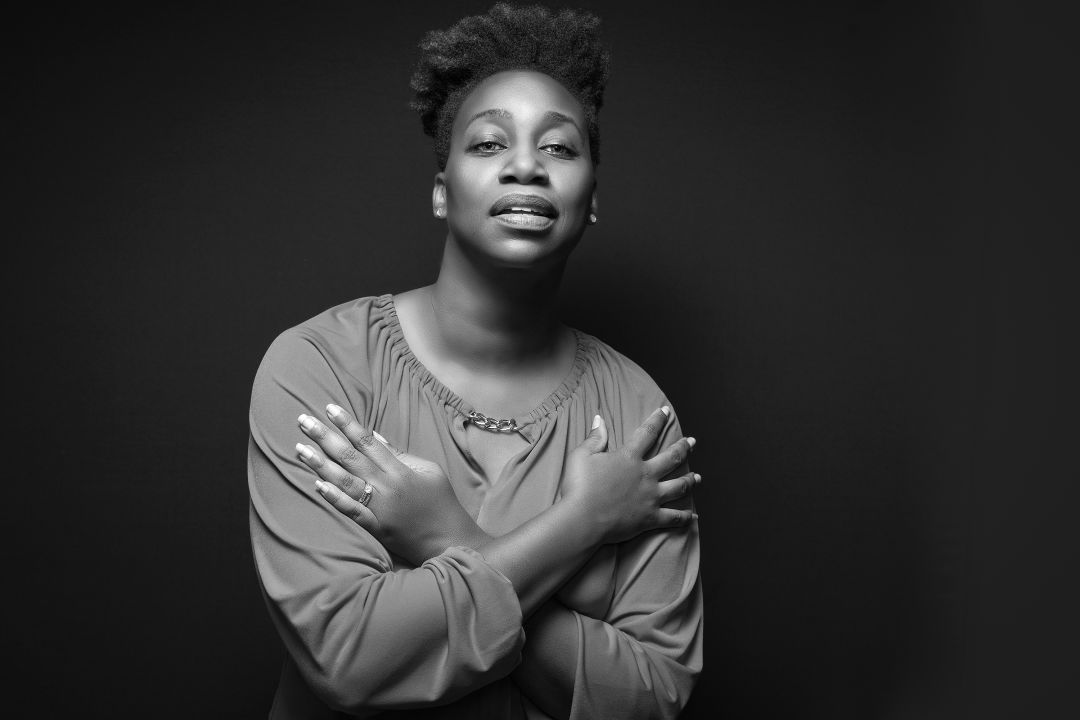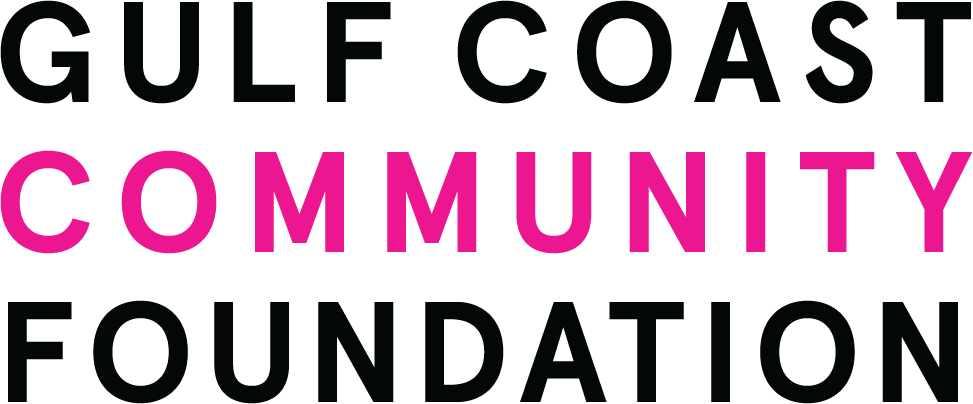Neirda Thompson-Pemberton on Diversity in Engineering and Inspiring Kids Through S.T.E.A.M.
This article is part of the series Listening to Diverse Voices, proudly presented by Gulf Coast Community Foundation.

Neirda Thompson-Pemberton
Image: Michael Kinsey
For more than 15 years, engineer Neirda Thompson-Pemberton has been dedicated to exposing kids to education in Science, Technology, Engineering, Arts and Mathematics (S.T.E.A.M.). She's so passionate about kids and S.T.E.A.M., in fact, that in 2013 she launched a non-profit called FUNducation, where she's the executive director.
Thompson-Pemberton notes that many underserved children see S.T.E.A.M. fields as impossible for them to break into. So she's made it her mission to inspire them with hands-on, fun-filled technology activities featuring computers, robotics, artificial intelligence, and coding.
Born in Brooklyn and of Haitian lineage, Thompson-Pemberton received her B.S. in civil engineering at the Florida Institute of Technology (FIT) in Melbourne and her MBA from Webster University. After college, she worked with engineering companies and on land development projects, while volunteering with community outreach projects for kids related to engineering. She was also a member of the team that piloted a program called Woz Ed S.T.E.A.M. with Apple co-founder Steve Wozniak's Woz Innovation Foundation in 2019. The project’s purpose was to attract kids to S.T.E.A.M. education through Palm View Elementary in Manatee County, and the program is still in existence.
Through FUNducation, Thompson-Pemberton partners with local organizations like Unidos Now, Just for Girls, AMIkids Manatee, Microsoft and Greatness Beyond Measure with the Ringling College of Art and Design. The organization also just received a transformative $120,000 grant from the Charles & Margery Barancik Foundation, which—among other benefits—will allow her to hire another full-time staffer.
Now 43, Thompson-Pemberton, lives in Lakewood Ranch with her husband Courtney.
How did growing up in Brooklyn influence you?
"In Brooklyn, I was just a kid—never Black or white. There was a Jewish and Black community where I lived, but mostly I was trying to survive every day.
"That’s why my dad moved us to Florida in 1997. My grandmother had been mugged, my father was beaten within an inch of his life, my brother was jumped, and I was chased a time or two. When we left our building, we didn’t know what was going to happen. Our neighborhood was the kind where kids would make friends with the wrong kind of people for protection.
"When we moved to Florida, I had just graduated from high school, and it was a culture shock. I had never seen so many white people on a daily basis. In Brooklyn, we knew we’d see white people if we got on the train to Manhattan, but here we wondered where the pockets of Black people were. Being Haitian-American, we found the Haitian community in Port Charlotte, which is where our father moved us. It was an adjustment, for sure."
How did you feel going from a Black community to being a minority in a white neighborhood?
"I knew I had to adapt, and I had to learn what that meant. I did love it here. And regarding my engineering education, it became clear what I needed to do.
"In Brooklyn, I didn’t know where to go, but in Florida, I had an affordable option with [Edison Community College] that allowed me time to research next steps. I had more opportunities here. I don’t think I would have become the woman I am today had we not moved. I had a different state of mind here—I was more driven being a Black woman in a predominantly white environment."
Who influenced you in your field?
"My mom. She’s not an engineer, but she came to this county as newlywed Haitian immigrant who was expected to fulfill traditional roles of homemaker and caretaker of the family.
"One day, she wanted more. So she took a late-shift job at a fast-food restaurant, then she learned to type and became a personal assistant. After a few years of that, she worked to become a certified nursing assistant and today she's a LPN. And she never complained—she did what she had to, from working an all-nighter to caring for her kids during the day to going to school at night. My mom believed that it doesn’t matter what your circumstances are or what people intend for you, it’s what you want and are willing to work for.
"My dad was also a powerful influence, coming to this country with Haitian grit working hard to provide for our family."
Have you experienced racism or judgement in your field?
"At an engineering conference, where a call for models was also being held, I was checking in with a female colleague. We approached the table to register, when we were told that we were at the wrong table. The white guy pointed toward the model check-in. Now, you think we’d be flattered, but we said, ‘Well, we could do that, but we’re engineers.’ He turned beet red with embarrassment and apologized.
"This next experience has happened more than once while I’m being introduced at an event with a female colleague. When both of us are introduced to the lead person at the event, and it’s explained that one of us is senior, the lead person has reached out to shake the hand of the white woman next to me. Thankfully, the mistaken woman explains that I’m FUNducation’s executive director. It’s glaringly obvious what’s happened—so much so that it’s embarrassing for the person.
"I’ve always wondered why the assumption is easily made. We’re both women, we’re both in front of you. Why did you assume the white person was senior to me? Melanin is the only differentiating factor."
Tell us about FUNducation’s work.
"We want to expose, engage and inspire today’s children to be tomorrow’s innovators. The reason we began was because a group of kids were asked what engineering meant— they didn't know. Then, once we told them that math and science were keys to becoming an engineer, they lost interest. We want to expose kids to S.T.E.A.M. fields in hands-on, fun ways.
"We hope this engagement will inspire them organically because of the immersion in learning. We won’t win them all, but what I love about a S.T.E.A.M. education is that even if they don’t matriculate into a field, they are at least learning what develops the world around them. And they’ll learn to think critically and problem-solve with a S.T.E.A.M. mindset.
"FUNducation is open to all students, but we do make a concentrated effort to reach girls, minorities and the underserved. The gap in terms of a skilled labor force is big, but there’s a bigger gap when it comes to these groups. We have more work to do there."
The FUNducation website features a William James quote: “The greatest use of a life is to spend it on something that will outlast it.” What does this mean to you?
"When I’m long gone, I want Sarasota and Manatee counties to be a thriving, diverse pipeline for S.T.E.A.M. education, with kids of all colors and nationalities."
What would you like your white friends or acquaintances to be doing right now?
"When you’re dealing with a Black person, deal with them in the space they are in, and not as a color in that space.
"For example, a friend was looking for diverse talent for a project and reached out for input because I’m a woman of color. I wasn’t contacted at the beginning of her search; she called at the end, when she was looking to fill the last space. I should have been contacted when the casting began so the qualified people of color would have had the opportunity to be considered for as many possible roles, versus saving one spot just to be diverse. Diversity and inclusion aren’t about an afterthought. They're about intent, from the beginning."
Listening to Black Voices is a series created by Heather Dunhill




